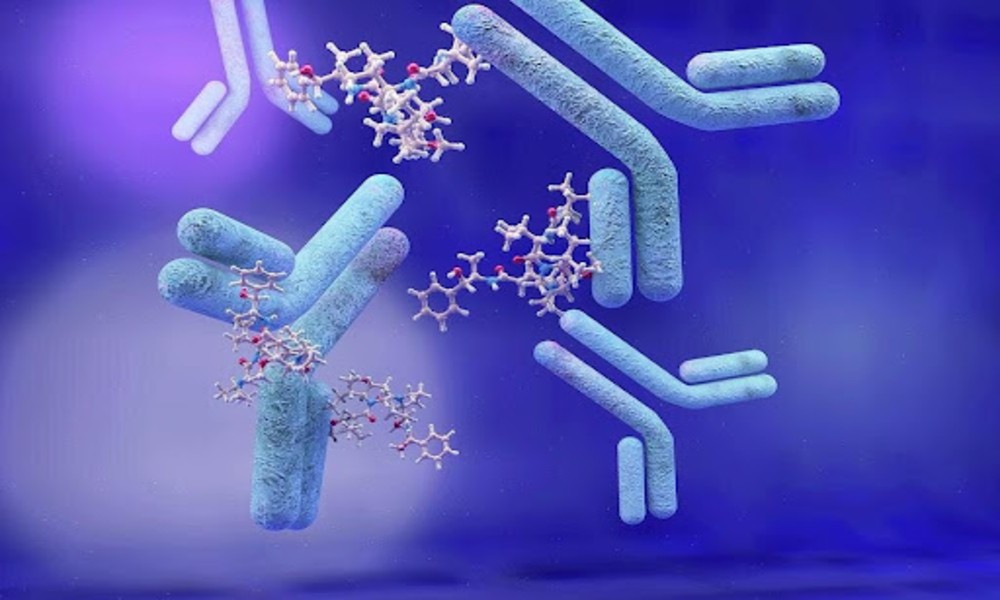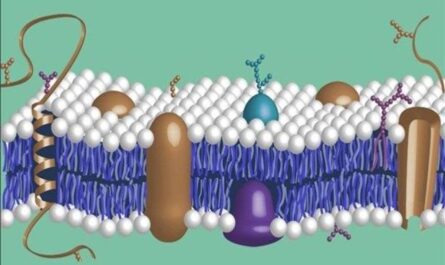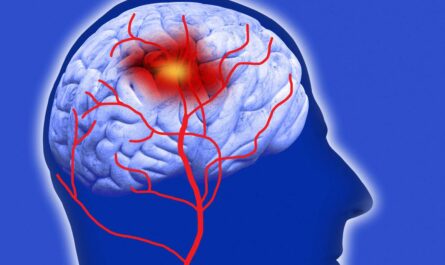The global Monoclonal Antibody Therapeutics Market is estimated to be valued at US$ 205,385.6 Mn in 2022 and is expected to exhibit a CAGR of 12.69% over the forecast period 2023 to 2030, as highlighted in a new report published by Coherent Market Insights.
- A) Market Overview:
Monoclonal antibody therapeutics are a class of drugs that are designed to target specific molecules involved in diseases such as cancer, autoimmune disorders, and infectious diseases. These therapeutics are produced by cloning a single type of immune cell to create identical antibodies that can bind to specific targets in the body. They have revolutionized the treatment of various diseases by providing a highly targeted approach, minimizing side effects, and improving patient outcomes.
- B) Market Dynamics:
- Increasing Demand for Targeted Therapies: Monoclonal Antibody Therapeutics Market offer high specificity and selectivity in targeting disease-causing molecules, making them highly effective in treating specific diseases. They can be used alone or in combination with other therapies to enhance their efficacy. This has led to a growing demand for targeted therapies, driving the growth of the monoclonal antibody therapeutics market.
- Rising Prevalence of Chronic Diseases: The prevalence of chronic diseases such as cancer, autoimmune disorders, and cardiovascular diseases is increasing globally. Monoclonal antibody therapeutics offer promising treatment options for these diseases, leading to their growing adoption. Additionally, the aging population and unhealthy lifestyle habits contribute to the rise in chronic diseases, further fueling the demand for monoclonal antibody therapeutics.
- C) SWOT Analysis:
Strength:
- High Specificity and Selectivity: Monoclonal antibody therapeutics offer high specificity and selectivity in targeting disease-causing molecules, making them highly effective and reducing the risk of off-target effects.
- Diverse Therapeutic Applications: Monoclonal antibody therapeutics have a wide range of therapeutic applications, including cancer, autoimmune disorders, infectious diseases, and neurological disorders, among others. This diversification provides significant growth opportunities for the market.
Weakness:
- High Cost: Monoclonal antibody therapeutics are often expensive due to the complex manufacturing process and extensive research and development costs. This high cost may limit their accessibility, particularly in developing countries with limited healthcare budgets.
- Immunogenicity: Some patients may develop an immune response against monoclonal antibody therapeutics, leading to reduced efficacy and potential side effects. This immunogenicity can impact their overall market acceptance.
Opportunity:
- Emerging Markets: The increasing prevalence of chronic diseases and improving healthcare infrastructure in emerging markets offer significant growth opportunities for the monoclonal antibody therapeutics market. These markets are witnessing a rise in demand for advanced therapies and have a large patient pool.
- Technological Advancements: Continuous advancements in technology, such as the development of improved antibody engineering techniques and novel drug delivery systems, provide opportunities for the development of more effective and targeted monoclonal antibody therapeutics.
Threats:
- Stringent Regulatory Requirements: The development and approval process for monoclonal antibody therapeutics is complex and time-consuming, with stringent regulatory requirements. These regulatory challenges can hinder market growth and delay product commercialization.
- Potential Competition: The market for monoclonal antibody therapeutics is highly competitive, with numerous pharmaceutical companies actively engaged in research and development activities. The entry of new players and the introduction of biosimilars pose a threat to the market share of established players.
- D) Key Takeaways:
– The global monoclonal antibody therapeutics market is expected to witness high growth, exhibiting a CAGR of 12.69% over the forecast period, due to the increasing demand for targeted therapies and the rising prevalence of chronic diseases.
– North America is expected to dominate the market, driven by the presence of key market players, high healthcare expenditure, and a well-established healthcare infrastructure.
– Key players operating in the global monoclonal antibody therapeutics market include Pfizer Inc., Novartis AG, Bayer AG, Sanofi, F. Hoffmann-La Roche Ltd, Eli Lilly and Company, Merck KGaA, GSK plc., AbbVie Inc., Bristol-Myers Squibb Company, Regeneron Pharmaceuticals Inc., AstraZeneca, AbCellera Biologics Inc., Molecular Depot LLC, DAIICHI SANKYO COMPANY, LIMITED., Abbott, Biogen, Thermo Fisher Scientific, Inc., Cell Signaling Technology, Inc, Intas Pharmaceuticals Ltd., Avantor Inc., UCB S.A., Merus N.V., GENEXTGENOMICS.COM, Biogenuix


